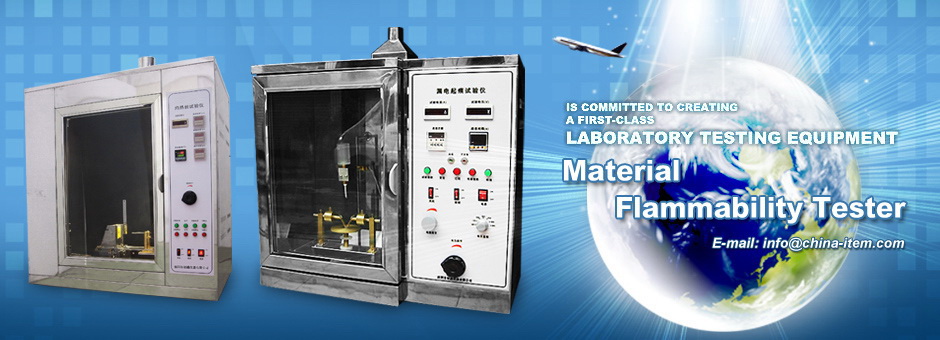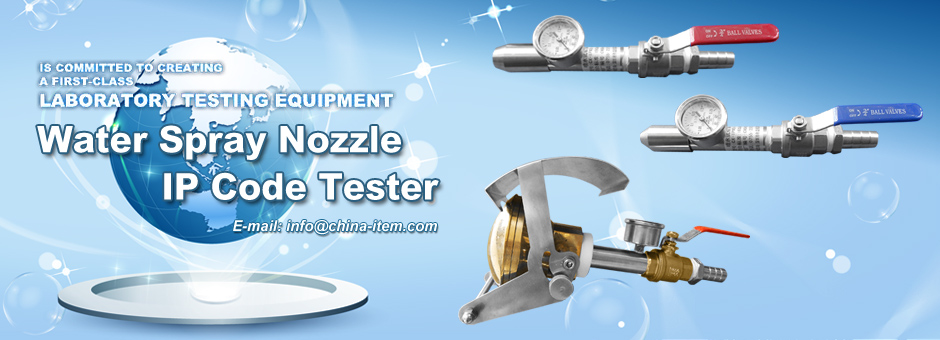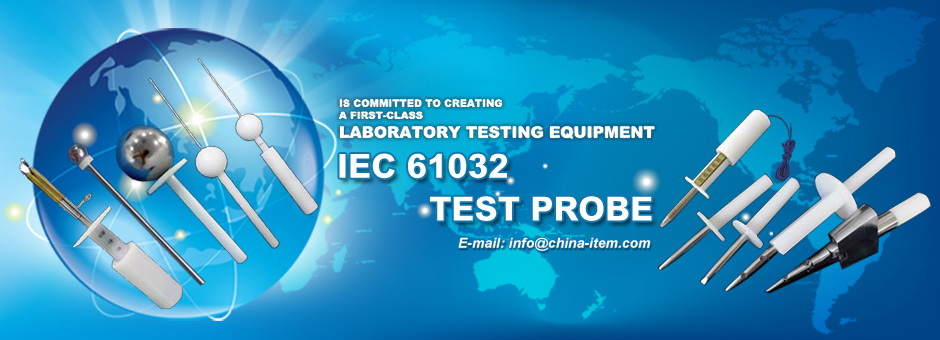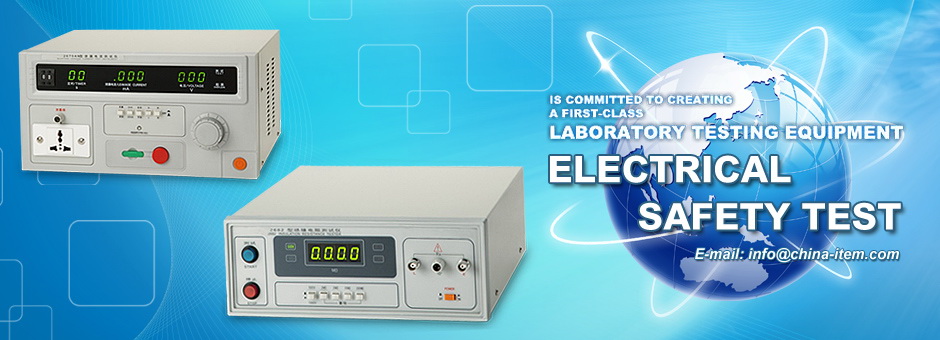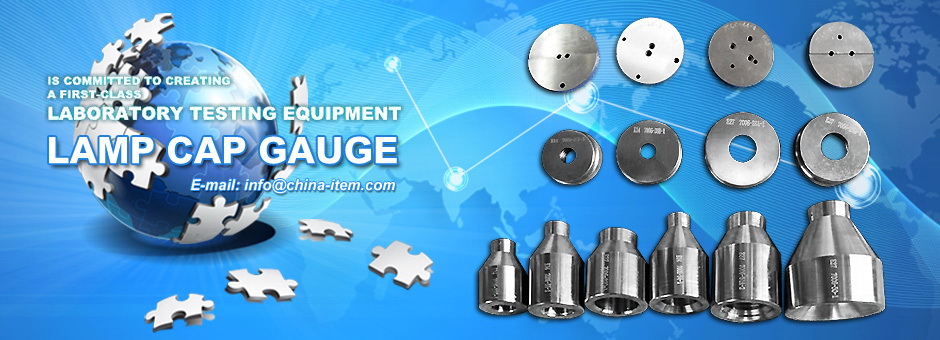contact us
products
- Main Products
- IEC Test Probe
- UL Test Probe
- Material Flammability Tester
- IP Code Tester
- Impact Test Apparatus
- Security Testing Machine
- Lamp Cap Gauge Tester
- Lampholders Gauge Tester
- Plug & Socket Tester
- Electrical Safety Tester
- LED Test Instruments
- Environmental Test Equipment
- Instrument Accessories
- Weighing Sensor
- Others Testing Equipment
technical articles
Company News
Standards are all around us, even if we are not always aware of them. One example of a widely-used standard is the A4 size for sheets of paper.
A standard is a document that sets out requirements for a specific item, material, component, system or service, or describes in detail a particular method or procedure. Standards facilitate international trade by ensuring compatibility and interoperability of components, products and services. They bring benefits to businesses and consumers in terms of reducing costs, enhancing performance and improving safety.
Standards are developed and defined through a process of sharing knowledge and building consensus among technical experts nominated by interested parties and other stakeholders - including businesses, consumers and environmental groups, among others.
The formal definition of a standard is a “document, established by consensus and approved by a recognized body, that provides, for common and repeated use, rules, guidelines or characteristics for activities or their results, aimed at the achievement of the optimum degree of order in a given context”.
There are several different types of standards. Basically, standards include requirements and/or recommendations in relation to products, systems, processes or services. Standards can also be a way to describe a measurement or test method or to establish a common terminology within a specific sector.
European Standards (ENs) are documents that have been ratified by one of the three European Standardization Organizations (ESOs), CEN, CENELEC or ETSI; recognized as competent in the area of voluntary technical standardization as for the EU Regulation 1025/2012.
Although they deal with different fields of activity, CEN, CENELEC, and ETSI cooperate in a number of areas of common interest, such as the machinery sector or information and communication technologies (ICTs). They also share common policies on issues where there is mutual agreement.
An EN (European Standard) “carries with it the obligation to be implemented at national level by being given the status of a national standard and by withdrawal of any conflicting national standard". Therefore, a European Standard (EN) automatically becomes a national standard in each of the 33 CEN-CENELEC member countries.
Standards are voluntary which means that there is no automatic legal obligation to apply them. However, laws and regulations may refer to standards and even make compliance with them compulsory.




